 THE WHAT
THE WHAT
The purpose of this FREE, LIVE, 4-part Lounge & Learn webinar series is to provide a well-rounded view of the current state of stormwater management. We will accomplish this by discussing THE BIG 4, four key pillars of stormwater management: SWPPP, SWQ, LID and Automation (a.k.a. From Gray to Green to Smart). Our end goal is to provide you with modern and actionable approaches for when your job interconnects with stormwater management. These four sessions have been designed as a “something for everyone” approach to educate each field involved in stormwater. Whether you are a developer or civil engineer, general contractor or MS4 staff member, we will arm you with current and accurate information that will allow you to do your job better and to be part of improving the quality and management of our national and local water sources.
Each course is worth 1-PEU, which will be emailed to attendees shortly after the attended webinar.
 THE WHY
THE WHY
Stormwater management may seem like a relatively new industry, but it has actually been around since the Roman times. They knew, even back then, that managing stormwater runoff was a key issue to urban living. With poor stormwater management, both flooding and disease constantly wreaked havoc in ancient cities.
Not much has changed since then, except now, with more and more of the earth being covered over with cement and other impervious surfaces, the negative effects of poor stormwater management have increased exponentially. Our natural water supplies are at risk due to pollution and their lack of ability to recharge. The flowing of our waterways is at risk from erosion, sediment build up, and trash. And, our marine life is at risk, from all the chemicals finding their way into bodies of water.
Some may see stormwater management as just another unnecessary and unwanted cost to construction projects or property ownership and management. But, understanding the negative effects that poor or no stormwater management is causing should be a concern to us all. It affects where we live and play. It affects our marine-based food supply. It affects our dwindling water supply.
 THE DETAILS
THE DETAILS
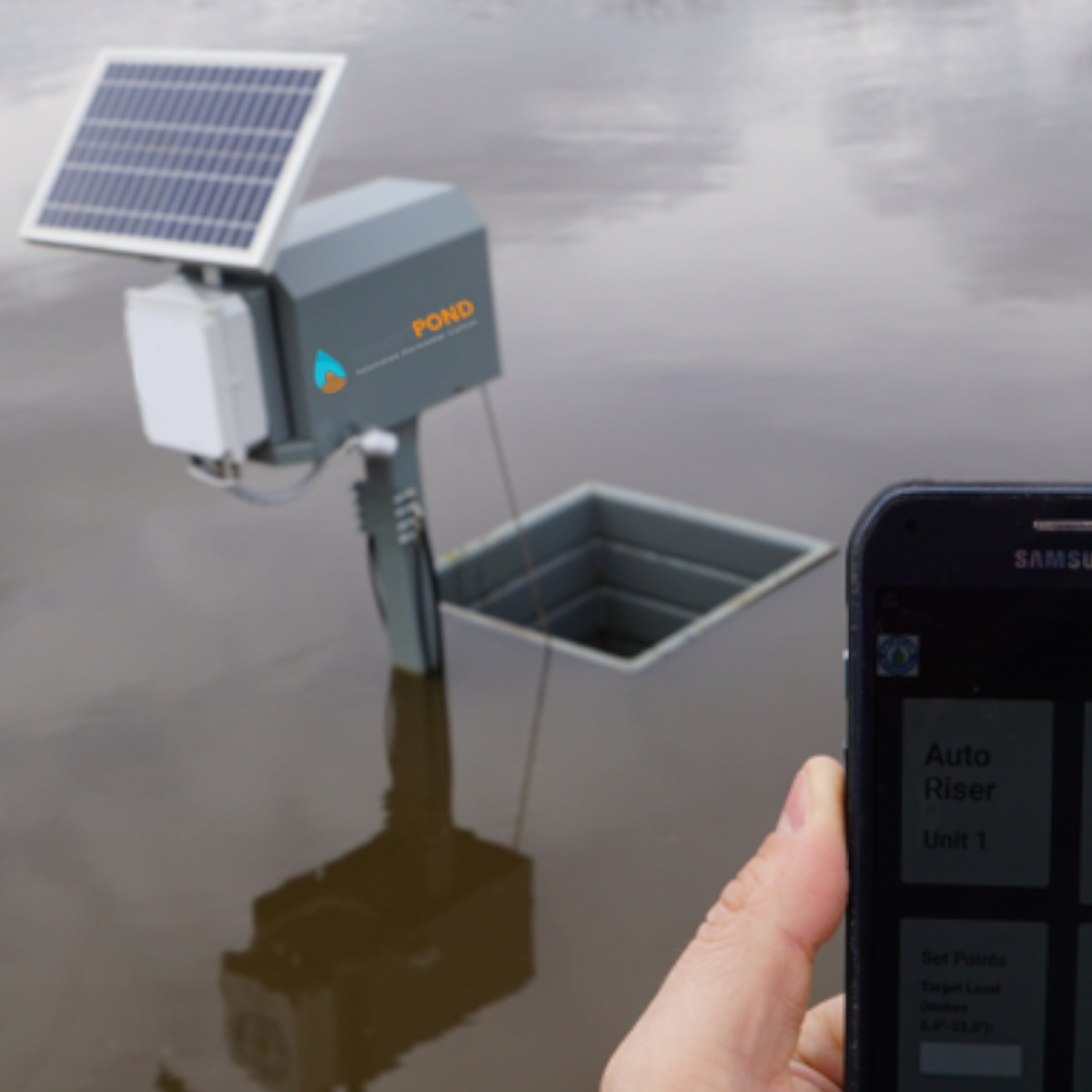
 WEBINAR #1 – FROM GRAY TO GREEN TO SMART
WEBINAR #1 – FROM GRAY TO GREEN TO SMART
JULY 1ST
In this session, we will discuss the 21st-century problem of crumbling grey infrastructure and its inability to effectively manage stormwater volume in urban settings throughout the United States. The recent addition of green infrastructure has helped augment grey infrastructure as to allow sewer systems to operate more effectively and efficiently. And now, in this new era of stormwater management, controlling entire watersheds can be done using automation. Imagine automated controls kicking in and draining all detention ponds and other systems in a watershed just prior to a storm event’s arrival…and doing so without anyone having to leave their home or office.
- DATE: Wednesday, July 1st
- TIME: 12pm-1pm CST
- SPEAKERS: David Batts, Vice President of Systems Solutions & Matthew Smith, Business Development Manager
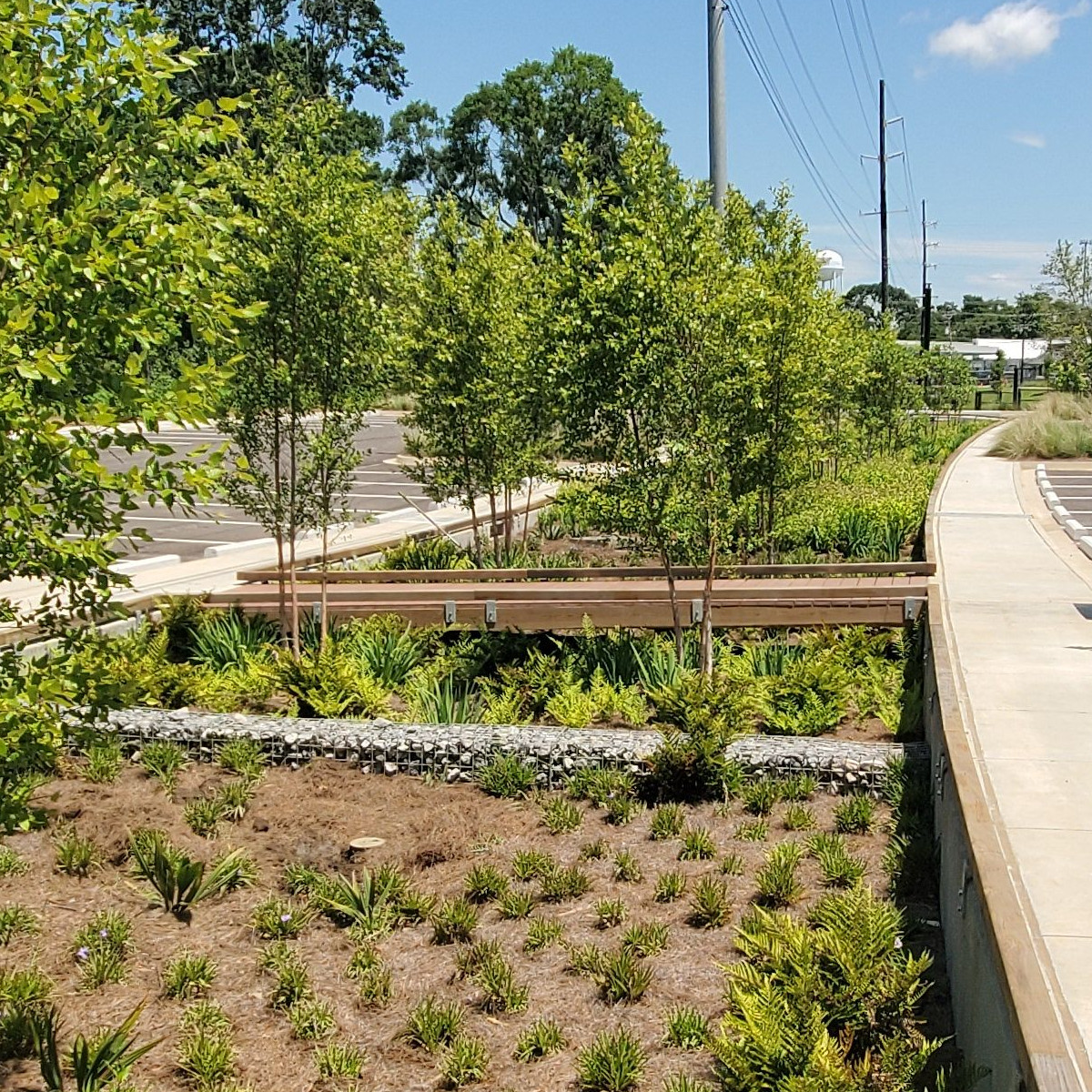
 WEBINAR #2 – LOW IMPACT DEVELOPMENT (LID)
WEBINAR #2 – LOW IMPACT DEVELOPMENT (LID)
JULY 8TH
While Low Impact Development (LID) has been around for over two decades, many financial benefits and advanced concepts are still not fully understood by most. In this session, we primarily focus on the economics of LID by showcases several case studies where a LID approach not only satisfied the stormwater requirements, but notably lowered the cost of development. In addition, in many cases, a LID approach actually freed up more land to develop on and thereby increased the end-value of the property being developed. Other economic benefits that we will touch upon are reduced land clearing and grading costs, increased project marketability, improved aesthetics, and lower maintenance costs.
- DATE: Wednesday, July 8th
- TIME: 12pm-1pm CST
- SPEAKER: David Batts, Vice President of Systems Solutions
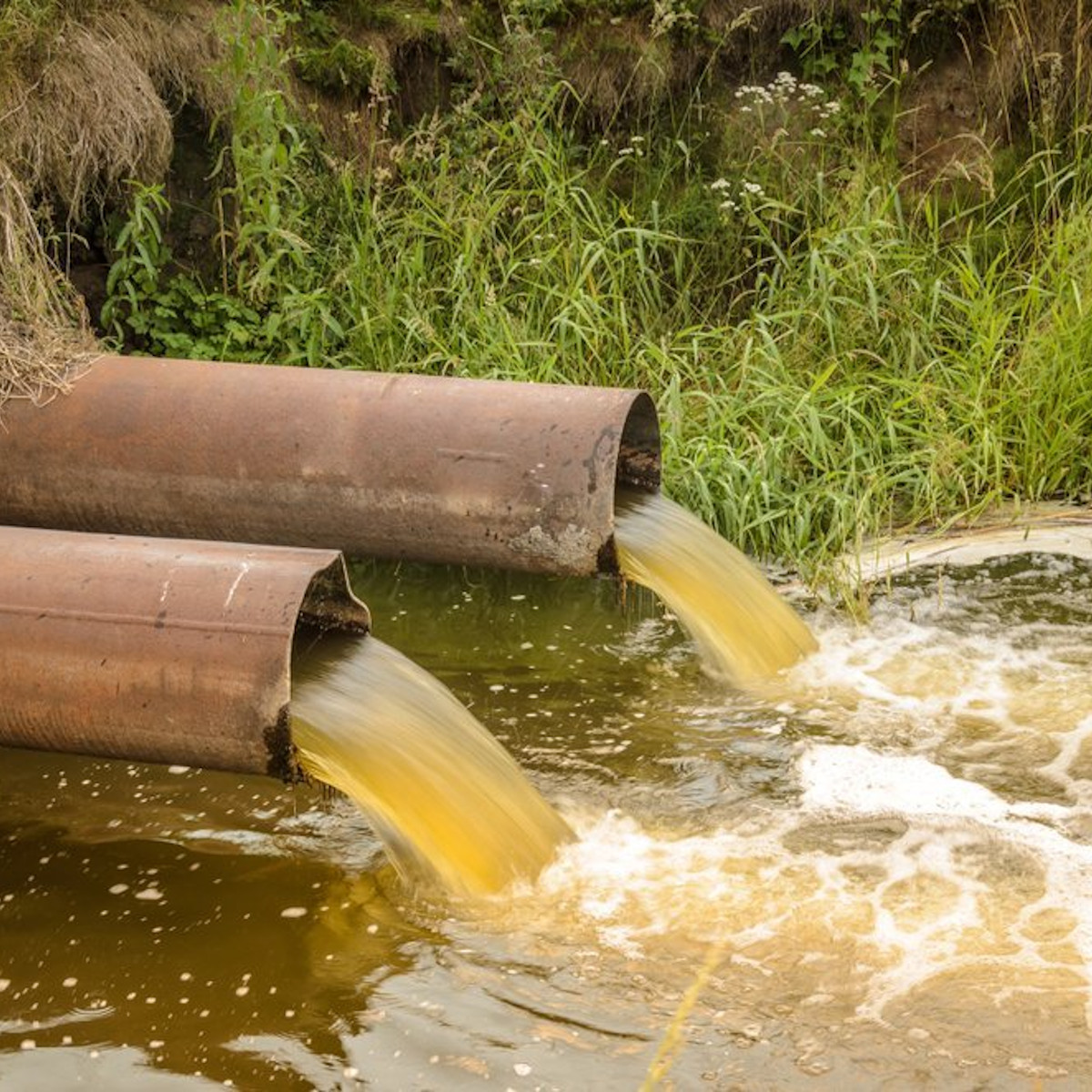
 WEBINAR #3 – STORMWATER QUALITY MANAGEMENT (SWQM)
WEBINAR #3 – STORMWATER QUALITY MANAGEMENT (SWQM)
JULY 15TH
Stormwater Quality (SWQ) permitting regulations exist to improve water quality, reduce flood risk and to minimize negative impacts of development on our watersheds. Without these programs, the effects that a growing community creates would have a devastating impact on our region’s already impaired rivers, streams and bayous. This presentation will be discussing the common types of Stormwater Quality Devices that are used in Harris County and City of Houston along with the pros and cons of each system that have been seen. Additional goals will be to understand longevity of different types of projects, life cycle costs, and types of maintenance involved.
- DATE: Wednesday, July 15th
- TIME: 12pm-1pm CST
- SPEAKERS: Eli Gonzalez, SWQ Specialist & Julian Martin, Business Development Manager of Post-Construction Compliance Services
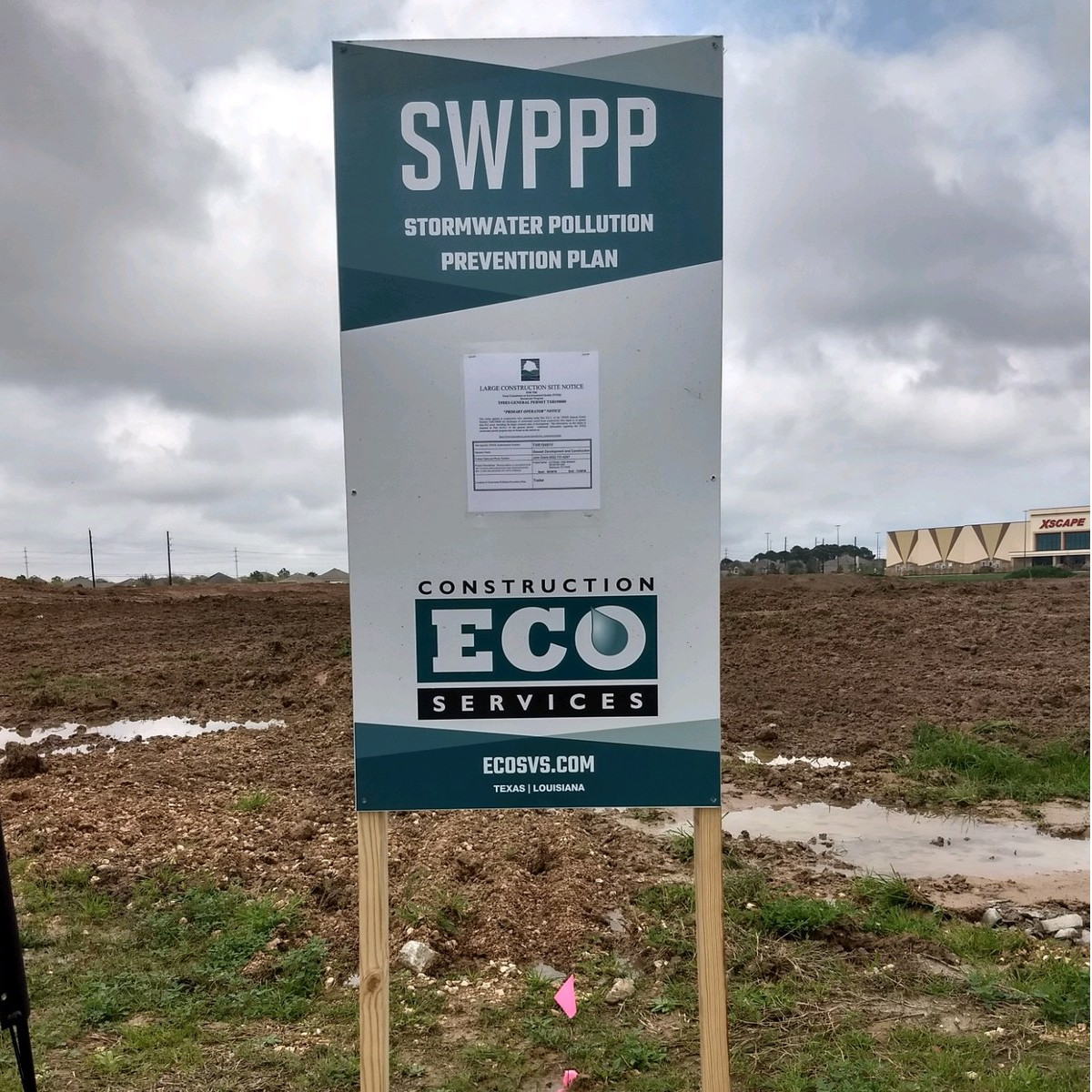
 WEBINAR #4 – STORMWATER POLLUTION PREVENTION (SWPPP)
WEBINAR #4 – STORMWATER POLLUTION PREVENTION (SWPPP)
JULY 22ND
Construction permits require that each site implement a site-specific Stormwater Pollution Prevention Plan (SWPPP), use effective control measures to minimize pollutant discharges, and provide training for employees. In this engaging, construction-focused session, we will discuss the latest regulations and site misconceptions, the common techniques that expose construction sites to a high level of risk, the importance of stabilization, and straightforward strategies for stormwater compliance and profitability. By end of this session, you and your team will have the latest on how to identify potential sources of pollution, discharge, or contamination, and methods to prevent and control storm water pollution.
- DATE: Wednesday, July 22nd
- TIME: 12pm-1pm CST
- SPEAKERS: John Moss, Director & James Brock, Executive Project Manager of Construction Compliance Services
 THE RSVP
THE RSVP
Interested in attending one or more of the webinars? Please use the RSVP form to register for the webinars your are interested in. Additional information, such as webinar access information and event reminders will follow.
